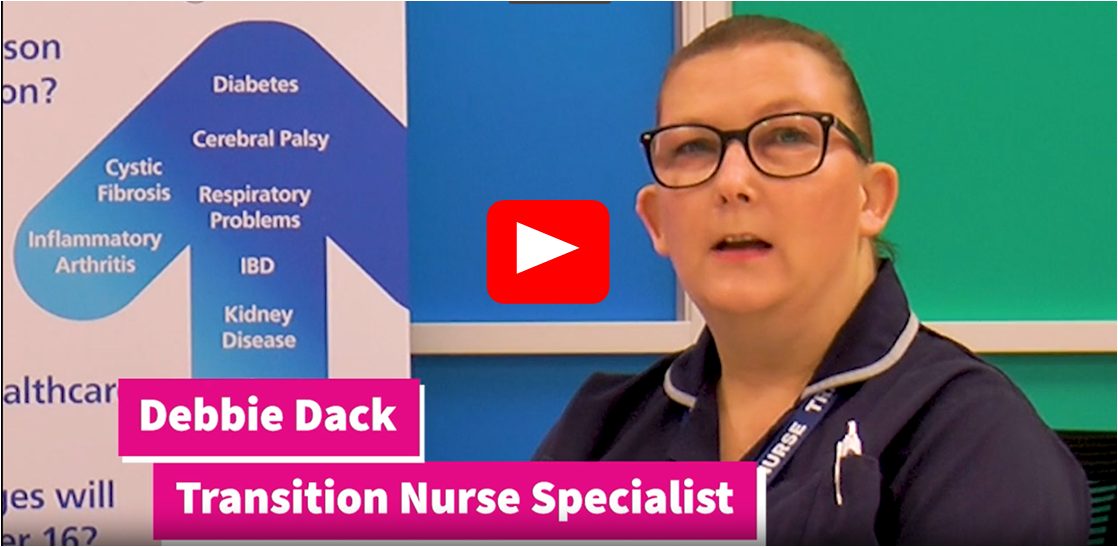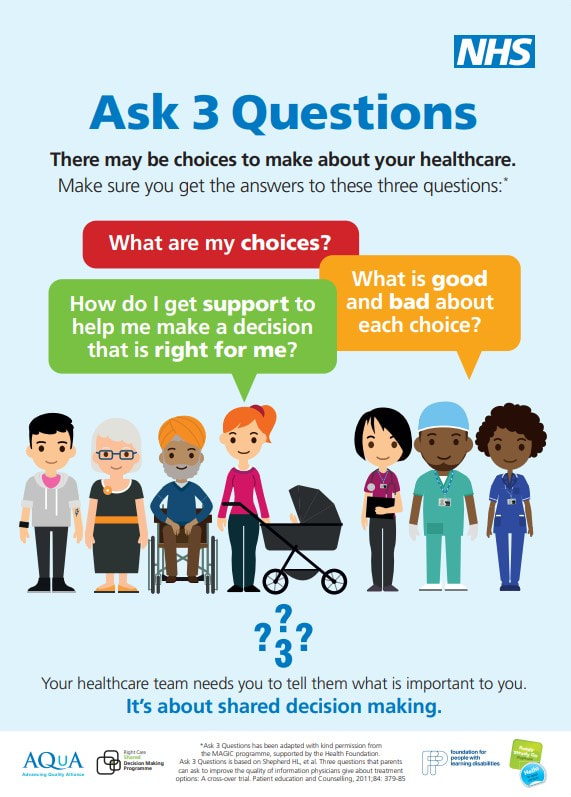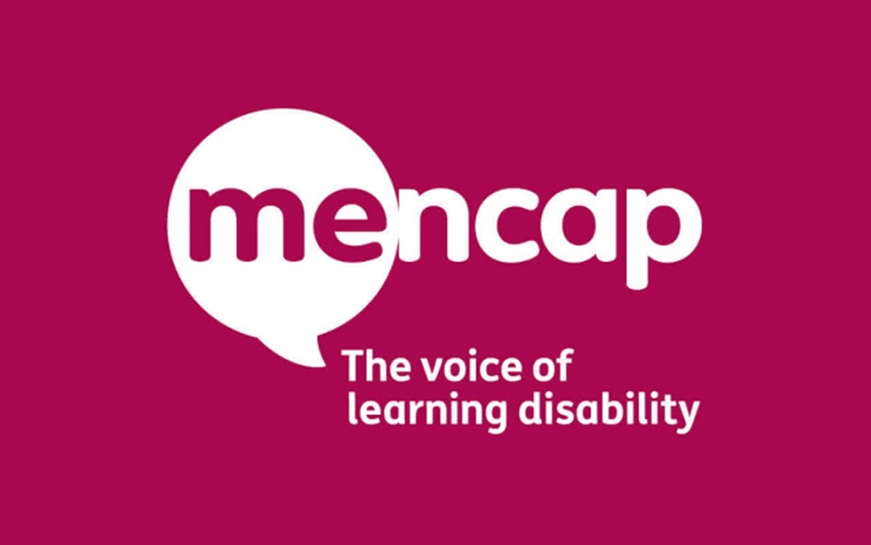Transition from children's to adult healthcare - for young people
In health care, we use the word ‘transition’ to describe the process of planning, preparing, and moving on from children’s healthcare to adult healthcare.
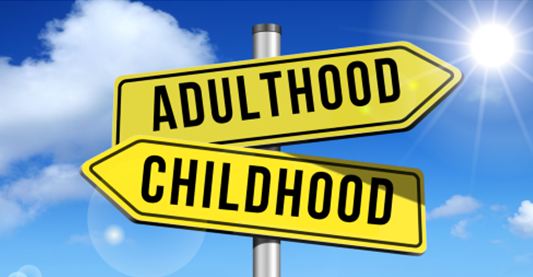
Why do I need to move?
As you get older, an adult clinic is the best place for you to get the care you need. By the end of the transition process you may feel that you have grown out of children’s services and be glad to move on to a more grown-up setting.
The thought of moving to a new clinic and leaving the team you have got to know over the years can be difficult. We know from experience that it is a good idea to think of this change as a sign that you are growing up and moving on with your life.
You might have felt the same way when you moved from primary to secondary school or when you finished year 11. Young people that have made the move to adult services tell us that once you get used to your new team it is usually fairly easy to settle into the new routine of adult services.
Owen shares his transition story
Saffron's experience
What differences can you expect in hospital as a young adult with a learning disability?
Mencap have produced this short film with Bradford People First.
What happens next?
- Transition will usually start by the time you're a teenager and go on until you're around 18
- The process depends on what you need and sometimes can take a lot longer
- If you have special needs or a disability we will listen to you, your family or carer and make sure you have help from other important services
- If you have a learning disability and/or autism, after you're 14, you can start to have a yearly review (Annual Health Check) with your GP or family doctor. This will help the GP to get to know you and your family to support you
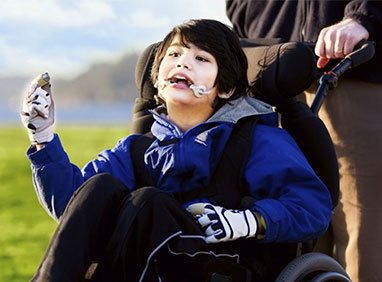
Get Prepared
To get a feel for what sort of questions you could ask take a look at Ask 3 Questions on the Ready Steady Go website.
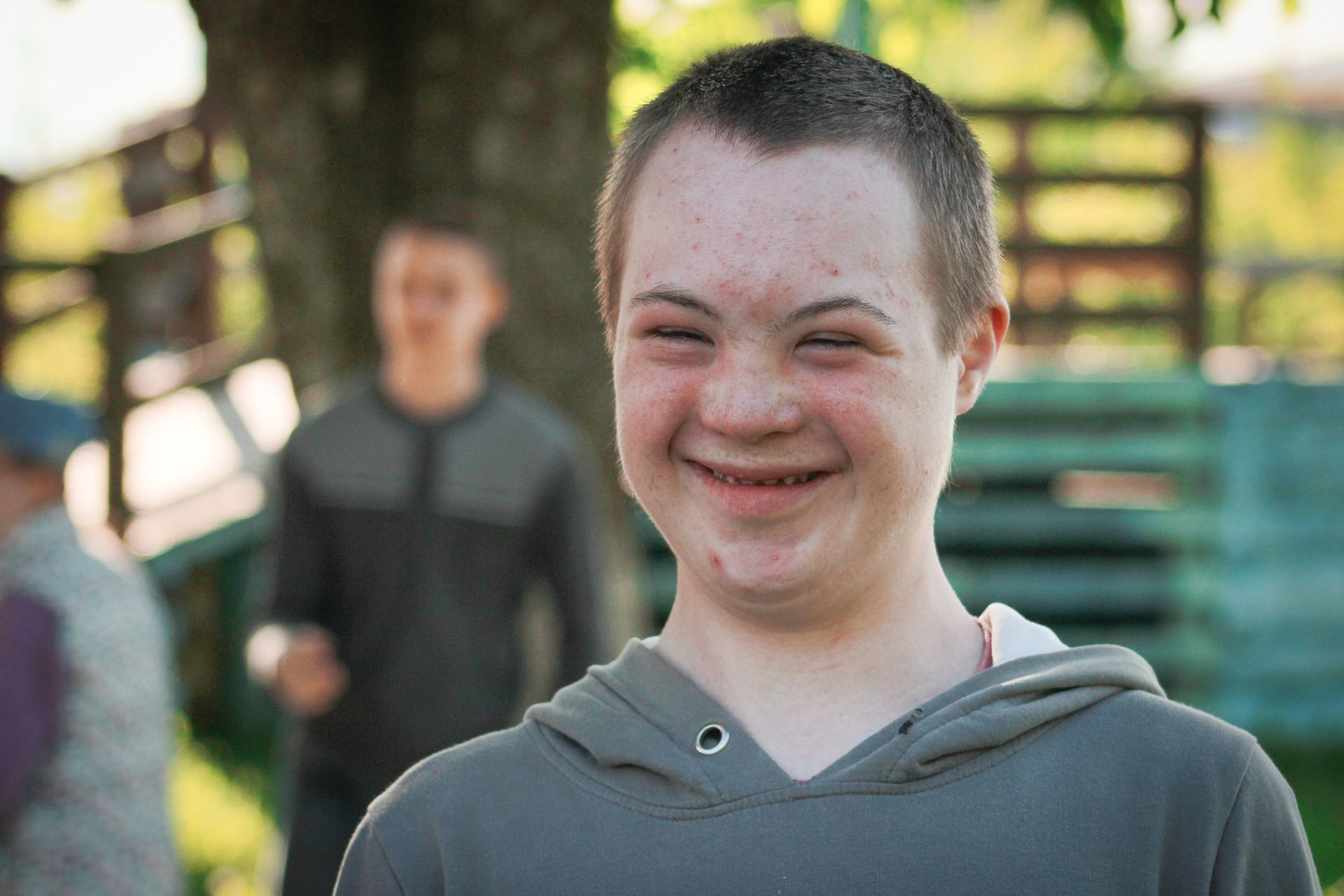
Who Can Help Me Get Ready?
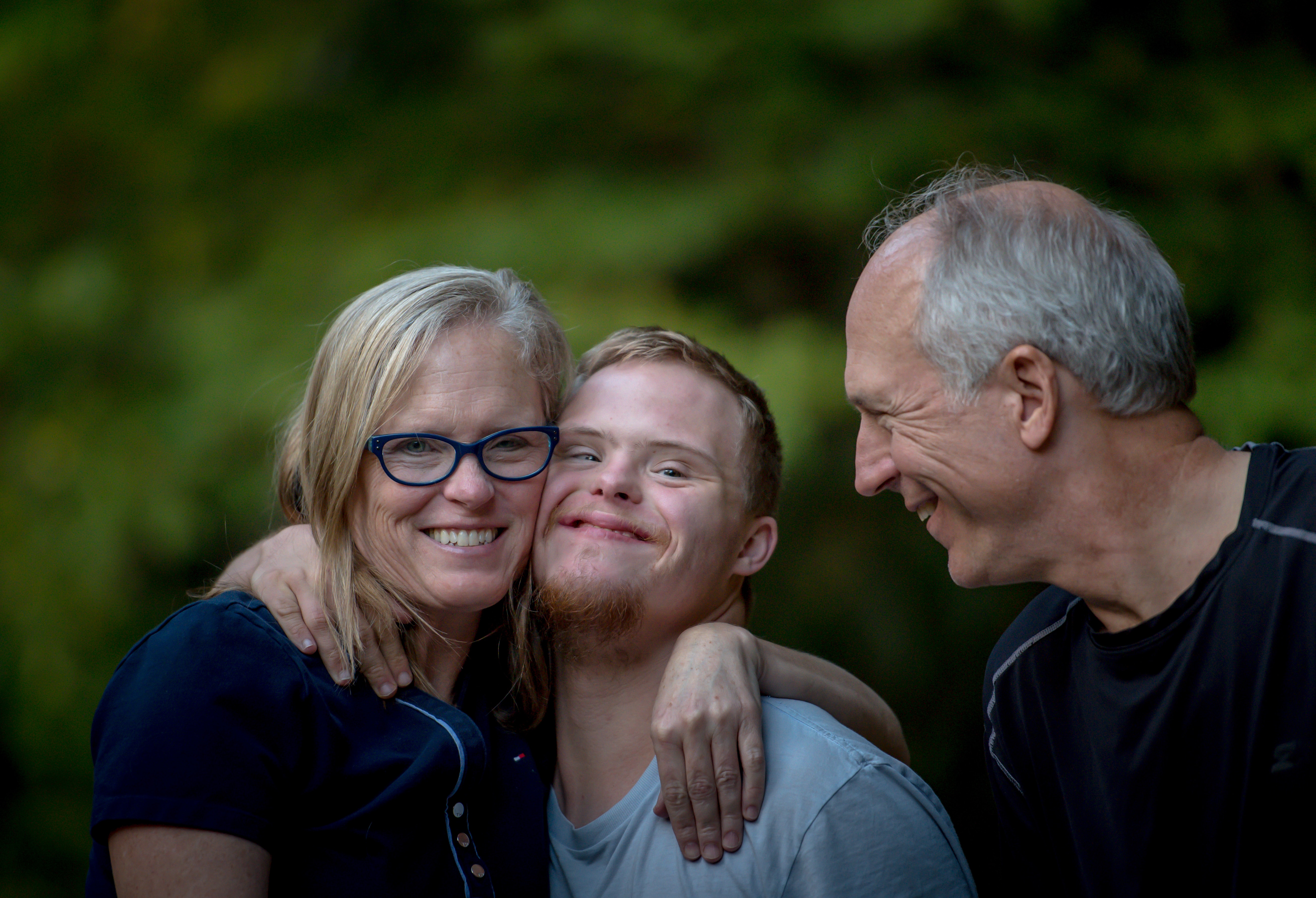
Your current healthcare team will be able to give you support and information about transition.
They can help you get ready for adult services by:
- Teaching you to care for yourself, understand your condition or illness, your treatments, and any possible side effects
- Helping you to take charge of your clinic appointments, often through seeing you on your own for part or all of your clinic appointment
- Explaining to you about the Mental Capacity Act and decisions about your care
- Making sure you know when to get help and who to contact in an emergency
- Helping you understand how your condition or illness might affect your future education and career plans
- Making sure you know about support you can get in school or college, at university or in the workplace
- Making sure you understand the importance of a healthy lifestyle and good mental health, including exercise, diet,smoking, vaping, drinking alcohol and sexual health
The ‘Mental Capacity Act’ is an important law for people with a learning disability. Young people aged 16 and over have the right to take part in decisions about their future, and you will be supported to do this.
To find out more visit MENCAP's mental capacity page.
The ‘Mental Capacity Act’ is an important law for people with a learning disability. Young people aged 16 and over have the right to take part in decisions about their future, and you will be supported to do this.
To find out more visit MENCAP's mental capacity page.



